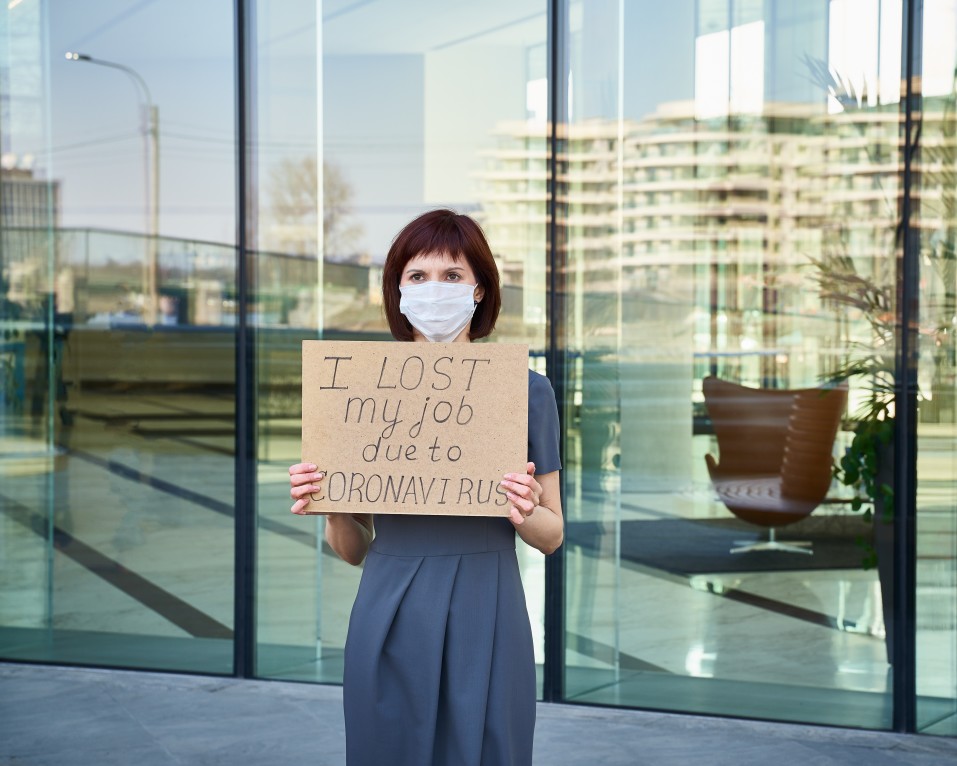Millions more jobs are currently protected by the government's furlough scheme, but it's due to end in a couple of months.
220,000 people in the UK lost their jobs between April and June 2020. The only time in the last decade or so there’s been a larger decrease in employment was May to July 2009, the worst point of the financial crash. Although this sounds bad, it’s likely to be just the tip of the iceberg.
There are millions and millions of people in the UK who are technically still employed but haven't been working during the pandemic because they are on zero-hour contracts, temporary leave, or furlough. The expectation is that lots of them will eventually lose their jobs permanently. Businesses that have been hammered by the lockdown are struggling to recover and looking to cut costs. Not only are staff wages usually their largest expense, they will need fewer staff if they’re doing less business than before the pandemic. And while people on furlough are currently having the bulk of their wages paid by the government rather than their employer, that help will stop at the end of October.
Economists think that by mid-2021 about 7 percent of the British population will be looking for work but unable to find it (compared to 4 percent pre-pandemic). But the risk to jobs isn't spread evenly. Already, young people (under 24), older people (50+) and less-skilled workers are being most affected. These groups are also more likely to be lower earners regardless, so the upshot may be a widening of economic inequality. Even people who do keep their jobs are also likely to see much slower wage growth than they would have done without a pandemic.
In summary, then, almost everyone could end up poorer. But that’s not a certainty. The government could step in and try to mitigate the economic damage to people’s livelihoods. There’s lots of ways they could do this. They could extend the furlough scheme, or increase out-of-work benefits, or give businesses financial support so they can keep going and employing. The downside for the government will be that all this support will cost a lot of money, which will have to be sourced by taking out more debt or raising taxes. The Conservative government that is currently in power has traditionally been against both of those things.
Read our explainer on: unemployment

